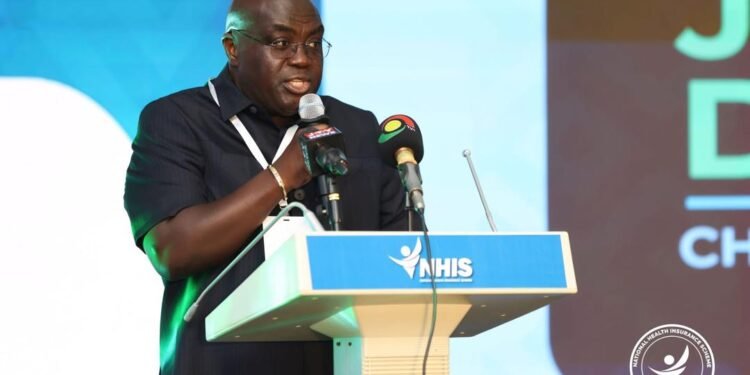Over 1.3 million Sudanese, including one million internally displaced individuals and more than 300,000 refugees, have returned to their homeland amid emerging pockets of relative safety, according to United Nations agencies. While this signals a glimmer of hope for a war-torn country, it also raises urgent concerns about the conditions awaiting those who return.
“The thousands of people seeking to return home are driven by hope, resilience, and an enduring connection to their country,” said Othman Belbeisi, Regional Director of the International Organization for Migration (IOM).
Sudan, ravaged by over two years of relentless conflict since violence erupted in April 2023, has witnessed the forced displacement of more than 12 million people — the largest displacement crisis in the world. Of those, one-third have sought refuge in neighbouring countries, including Chad and South Sudan, both of which are reaching breaking points under the growing pressure.
“Not only do [the returnees] mark a hopeful but fragile shift, they also indicate already stretched host countries under increasing strain,” warned Mamadou Dian Balde, the regional coordinator for the UN’s refugee agency, UNHCR.
Humanitarian Crisis In Sudan Mounts Amid Ruins
Most returnees are heading back to areas like Khartoum, Al Jazirah, and Sennar — regions still grappling with the heavy toll of conflict. In Khartoum, the damage is particularly acute. Key buildings, including UNHCR offices, have been reduced to rubble, and essential infrastructure like roads, water systems, and power stations lie in ruins.
“Without urgent action, people will be coming back to cities that are in ruins. We are in a race against time to clear the rubble and provide water, power, and healthcare,” stated Abdallah Al Dardari, Director of the Arab States for the UN Development Programme (UNDP).
Khartoum, already overburdened with internally displaced people and former asylum seekers, is ill-equipped to accommodate another wave of returning citizens. Compounding the challenge are unexploded ordnances littering the streets and alarming rates of gender-based violence targeting women and girls. In response, the UN and its partners have established safe spaces in Khartoum and Al Jazirah to support survivors and provide essential protection services.
Despite the overwhelming difficulties, international agencies stress the need to recognize the returning Sudanese not just as survivors, but as central agents of the country’s future recovery.
“Those heading home are not passive survivors; they are vital to Sudan’s recovery. Yes, the humanitarian situation is dire, but with the right support, returnees can revive local economies, restore community life, and foster hope where it’s needed most.”
Othman Belbeisi

However, hopes for a successful reintegration and rebuilding process are threatened by stark funding gaps. Of the $4.2 billion required to sustain life-saving humanitarian operations in and around Sudan over the next year, only 23 percent has been received. Aid workers warn that without immediate financial support, essential services may be drastically scaled back, jeopardizing the fragile progress currently underway.
The IOM has emphasized that all returns must be voluntary and conducted following international humanitarian standards, ensuring dignity and safety for all returnees.
“More than evidence of people’s desire to return to their homeland, these returns are a desperate call for an end to the war so that people can come back and rebuild their lives.”
Mamadou Dian Balde
As such, the voices of Sudan’s returnees echo both hope and urgency, a sign of resilience amid devastation, and a call for decisive action. Rebuilding shattered communities demands more than courage from those returning home; it requires coordinated international support, urgent investment in recovery efforts, and a firm, long-term commitment to securing peace.























